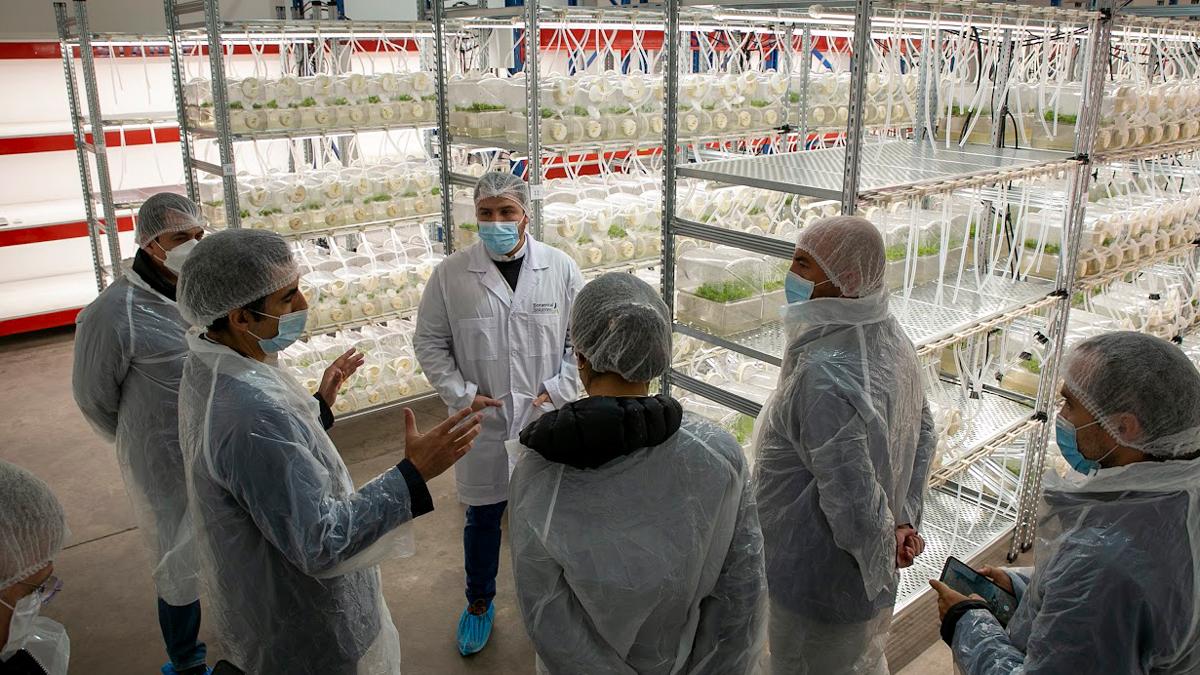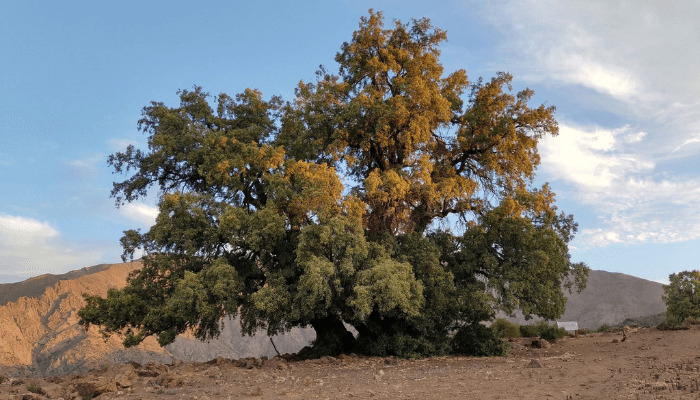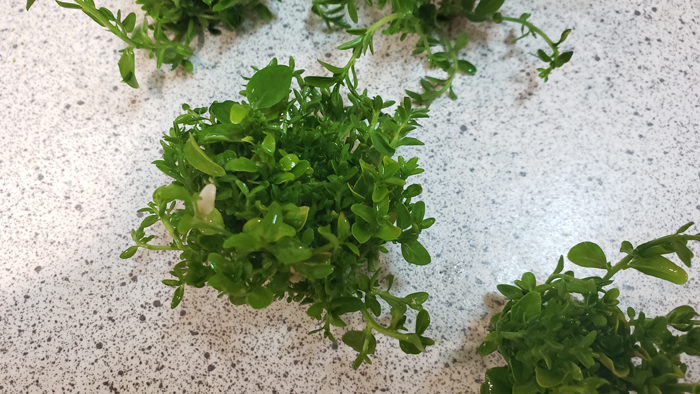Plants and vaccine adjuvants: BSI’s sustainable trees in a lab

This time last year, Croda Pharma and Botanical Solution Inc (BSI) announced that they’d entered into a strategic collaboration agreement to support the sustainable sourcing of pharmaceutical grade adjuvant QS-21, a potent component of adjuvant systems – pharmaphorum looks back on an interview with CEO Gaston Salinas.
BSI, a Delaware Corporation, has a proprietary R&D platform for sustainable and improved production of consistent and high-quality Advanced Botanical Materials (ABM). ABM-01 is the first ABM produced by the company, based on a tissue cultured plant called Quillaja Saponaria, and it is the active ingredient used in BSI’s biopesticide Quillibrium. Additionally, there is the adjuvant QS-21, used in several innovative vaccines against diseases, plus promising new vaccine and immunotherapy treatments in the oncology space.
BSI is now using its two new R&D labs in Davis, California, for the development of a “SuperQuillaja” plant, using gene-editing, that will have five to 10 times the QS-21 yield as tree bark from mature Quillaja saponaria trees. Thus, the company is eliminating the need for cutting down any of these exotic trees, which are protected by Chilean deforestation law, while being able to produce sufficient supply to meet the world market’s need for QS-21, which is currently being used in such vaccines as GSK’s Shingrix for shingles, Arexvy for RSV, Novavax’s COVID-19 vaccine, and others.
Sustainability at scale: From Latin America to Northern California
“We’re a pretty new company to the space of vaccine adjuvants, but we have demonstrated that we have a technology that is scalable,” explained Salinas. “We have a clear value proposition, and the whole subject of sustainability and how we're trying to bring that to all the industries where we participate has countered a lot of traction with investors.”

“Today, the main goal on the pharma side is to demonstrate that our technology is ready to deliver the QS-21 at kilogram scale, and be able to deliver this vaccine adjuvant under GMP standards,” he said.
“We know that the world is changing to a more sustainable path, particularly in the case of QS-21: the whole vaccine industry is relying on a very unreliable supply chain for this compound,” Salinas stated. “Basically, you get it from very old trees that only grow in one country in Latin America, which is Chile. We're talking about trees that are an average of 25 to 30 years old. The reason for selecting those trees is because the older the tree, the more yield of QS-21 you get from those trees.”
Apart from the hazards of deforestation, an increase in wildfires due to climate change is no small threat to the species, either.
“Now, in connection with our value proposition, we're able to produce this compound in very young tissue plants that could be called baby trees,” he continued. “That's not trivial. There are a lot of technologies behind [it], basically to stimulate or create the right conditions to stress those little plants to express this compound that otherwise wouldn't be present in the tissue of the plant.”
“QS-21 today is present in a blockbuster vaccine, probably the most important vaccine in the pre-COVID era, which is this shingles vaccine that was developed by GSK. Last year, they reported almost $4 billion in revenues. It's a product expected to exceed $8 billion in value. The whole supply chain relies on trees, wild trees that grow in South America, right? It's not sustainable from an environmental point of view; it's not sustainable from a business point of view.”
So it was that, at the time of speaking, BSI was expanding its facilities into California.
“Our main manufacturing site is still in Santiago, Chile,” explained Salinas. “What we have moved to Northern California is basically one of our main R&D arms. The R&D work that is ongoing up there is focused on developing the next generation of raw materials. In other words, plants that are richer in QS-21.”

Why California? Why the US?
“I would say, for me, it's sort of an easy answer in a sense that there's where you have access to most talent available in plant sciences, access to vendors, collaborators, so you can move at the speed that this business and the industry require in order to deliver on the promises made to investors,” said Salinas.
“It's not GMO; we're just improving the genetics. We're also putting stress conditions just to help this plant that naturally produces those compounds to express them in greater quantities, in reaction to that stress,” he explained. “Then, you have the second core pillar of the value proposition, which is supply. We're in a position to make virtually unlimited quantities of these materials, or as much as needed for the different purposes of the company. From the environmental point of view, we don't touch any tree, we don't chop down trees.”
Democratising access to QS-21
There is also the added benefit of cost reduction, bringing the price down from $400,000 per gram to an undisclosed, but lower figure.
“By all means, $400,000 a gram for QS-21 reflects a problem, an important problem in the supply chain,” stated Salinas. “According to all the analysts that look at this industry, by all means, this compound will continue to be considered a high-value compound, and we don't expect that the cost per gram is going to fall down below three digits: it will continue to be considered a high-value compound, although the cost structure will behave more a commodity. It’s not only the price that has put pressure on the adoption of the compound, but also the availability of the compound […] We really want to democratise access to QS-21 in the first place.”
Since interviewing Salinas, BSI has received two industry awards: the Best Process Innovation Award from the ICIS Chemical Business organisation and the “Best Product or Service Award” from the UK’s Sustainability Awards organisation – both received in October last year.
BSI will also be launching its Series B funding round during the second half of 2024.












